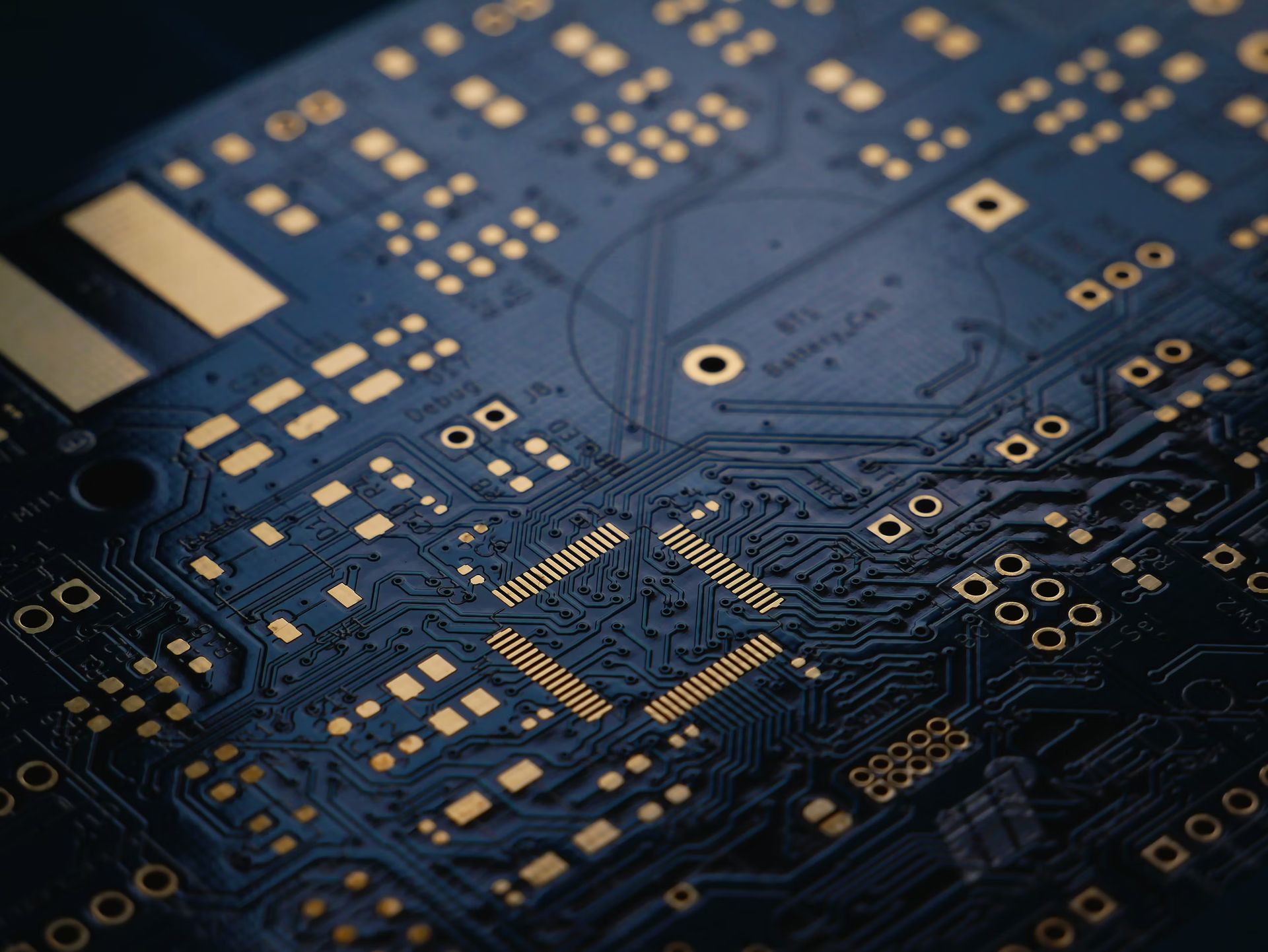Groq AI, not Grok, roasts Elon Musk with its “fastest LLM”

Groq AI, a pioneering company in the AI chip industry, is setting the stage for a significant shift in how we perceive artificial intelligence processing power.
What is Groq AI?This weekend, lightning-fast demonstrations from Groq AI captured the public’s attention, showcasing capabilities that make current iterations of ChatGPT, Gemini, and even Grok appear slow by comparison. Groq AI prides itself on delivering “the world’s fastest large language models,” a claim that is gaining credibility through positive third-party evaluations.
Capabilities of Groq AIWith its state-of-the-art demonstrations, Groq AI has shown that it can churn out detailed, factual responses comprising hundreds of words in just a fraction of a second, complete with source citations, as seen in a recent demo shared on X. This level of performance not only demonstrates Groq AI’s impressive speed but also its precision and depth in generating AI content.
The first public demo using Groq: a lightning-fast AI Answers Engine.
It writes factual, cited answers with hundreds of words in less than a second.
More than 3/4 of the time is spent searching, not generating!
The LLM runs in a fraction of a second.https://t.co/dVUPyh3XGV https://t.co/mNV78XkoVB pic.twitter.com/QaDXixgSzp
— Matt Shumer (@mattshumer_) February 19, 2024
In an extraordinary showcase of Groq AI’s capabilities, Jonathon Ross, the company’s founder and CEO, orchestrated a seamless, real-time verbal dialogue between a CNN host and an AI-powered chatbot situated on the other side of the world, all broadcasted live on television. This breakthrough demonstrates that Groq AI’s technology is not only fast but also robust enough to enable live, interactive communication on a global scale.
Central to Groq AI’s innovation are its Language Processing Units (LPUs), specifically engineered to outpace Nvidia’s Graphics Processing Units (GPUs). While Nvidia’s GPUs have been the benchmark for running sophisticated AI models, Groq AI’s LPUs are setting new records, suggesting a paradigm shift in processing power and efficiency for artificial intelligence applications. This advancement indicates a promising future where Groq AI’s technology could redefine the capabilities and applications of AI systems worldwide.
Wow, that's a lot of tweets tonight! FAQs responses.
• We're faster because we designed our chip & systems
• It's an LPU, Language Processing Unit (not a GPU)
• We use open-source models, but we don't train them
• We are increasing access capacity weekly, stay tuned pic.twitter.com/nFlFXETKUP
— Groq Inc (@GroqInc) February 19, 2024
Groq AI distinguishes itself as an “inference engine,” a pivotal component that supercharges the performance of chatbots such as ChatGPT, Gemini, and Grok, rather than acting as a chatbot itself. Its role is to enhance the speed of these AI-driven platforms, providing them with the rapid processing power they need without replacing their unique functionalities. On Groq AI’s platform, users have the opportunity to experiment with various chatbots, witnessing firsthand the accelerated performance enabled by Groq’s Language Processing Units (LPUs).
In a notable comparison, Groq AI’s technology has achieved a staggering output of 247 tokens per second, starkly outperforming Microsoft’s 18 tokens per second, as revealed by a third-party evaluation from Artificial Analysis. This performance leap suggests that AI platforms like ChatGPT could operate over 13 times faster on Groq’s hardware, a game-changing prospect for the efficiency of AI communications.
The potential for AI chatbots to become vastly more responsive and useful is on the horizon, thanks to Groq AI. Current models, including ChatGPT, Gemini, and Grok, often struggle to match the pace of real-time human conversation, with slight delays that can detract from the natural flow of interaction. Recent demonstrations, such as Google’s staged Gemini presentation, have aimed to showcase real-time capabilities that, in reality, remain out of reach. Yet, with the acceleration offered by Groq AI, such seamless interactions could soon become feasible.
 Groq AI is a platform developed by Groq Inc. (Image credit)
Who owns Groq?
Groq AI is a platform developed by Groq Inc. (Image credit)
Who owns Groq?
Jonathon Ross, Groq’s co-founder, brings a rich legacy of innovation from his time co-founding Google’s AI chip division, which has been instrumental in developing advanced chips for AI model training. Groq’s LPUs are specifically designed to overcome two major bottlenecks faced by GPUs and CPUs in large language model (LLM) processing: compute density and memory bandwidth, promising a new level of efficiency and speed.
We asked Groq and it delivered:Groq is a platform developed by Groq, Inc., a company founded in 2019 by a team of experienced software engineers and data scientists. The company’s mission is to make it easy for developers and data scientists to build, deploy, and manage machine learning models and data pipelines. Groq, Inc. is a privately held company and has received funding from investors such as Sequoia Capital, Kleiner Perkins, and IVP. The company’s headquarters are located in San Francisco, California. As for who owns Groq, it is likely that the company’s founders, management team, and investors have ownership stakes in the company. However, the exact ownership structure is not publicly disclosed. Did Elon Musk steal Groq AI’s name?
The inspiration behind the name “Grok” traces back to Robert Heinlein’s 1961 science fiction novel, “Stranger in a Strange Land,” embodying the concept of deep, intuitive understanding. This notion has captivated the AI industry, leading to its adoption by multiple entities, including Elon Musk’s Grok and an AI-enabled IT company, among others. Despite the crowded field, Ross asserts that Groq AI, established in 2016, was the pioneer in utilizing the moniker, underscoring its commitment to advancing AI technology towards a future where deep, intuitive understanding by machines becomes a reality.
“Did you know that when you announced the new xAI chatbot, you used our name? Your chatbot is called Grok and our company is called Groq®, so you can see how this might create confusion among people. Groq (us) sounds a lot like (identical) to Grok (you), and the difference of one consonant (q, k) only matters to scrabblers and spell checkers. Plus, we own the trademark.
 Although Groq is generating significant attention, it’s uncertain whether its AI chips possess comparable scalability to Nvidia’s GPUs (Image credit)
Although Groq is generating significant attention, it’s uncertain whether its AI chips possess comparable scalability to Nvidia’s GPUs (Image credit)
We can see why you might want to adopt our name. You like fast things (rockets, hyperloops, one-letter company names) and our product, the Groq LPU Inference Engine, is the fastest way to run large language models (LLMs) and other generative AI applications. However, we must ask you to please choose another name, and fast,” reads Groq’s blog.
Inference Engine, is the fastest way to run large language models (LLMs) and other generative AI applications. However, we must ask you to please choose another name, and fast,” reads Groq’s blog.
Although Groq is generating significant attention, it’s uncertain whether its AI chips possess comparable scalability to Nvidia’s GPUs or Google’s TPUs. OpenAI CEO Sam Altman is currently placing considerable emphasis on AI chips, even contemplating their in-house development. The enhanced chip speeds offered by Groq might catalyze advancements in the AI landscape, opening up new avenues for real-time interaction with AI chatbots.
Featured image credit: Kerem Gülen/Midjourney
